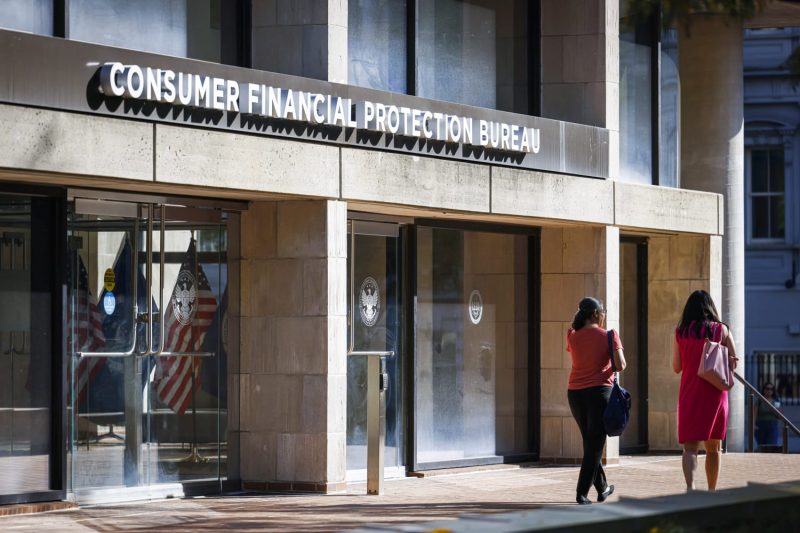Beneath the surface of everyday financial transactions lies a complex web of laws and regulations that often go unnoticed by the average consumer. One such regulation, put forth by the Consumer Financial Protection Bureau (CFPB), has the potential to save Americans a staggering $10 billion annually in late fees. However, despite its noble intentions and promising outcomes, this new rule is facing a possible last-minute freeze that could put its implementation in jeopardy.
The CFPB rule aims to address the issue of late fees charged by financial institutions when consumers make credit card payments after the due date but within a grace period. This practice, commonly known as the card payment trap, can lead to significant financial burdens for individuals who may have missed payments due to unforeseen circumstances or simple oversight.
By putting a cap on these late fees and requiring financial institutions to reevaluate their policies regarding grace periods, the CFPB hopes to provide much-needed relief to millions of Americans struggling with mounting debt and financial insecurities. The estimated $10 billion in savings per year could make a meaningful difference in the lives of those most affected by high late fees.
However, the road to implementing this rule has not been without obstacles. Opponents of the regulation, including industry lobbyists and some lawmakers, have raised concerns about its potential impact on the profitability of financial institutions. They argue that restricting late fees could lead to a decrease in revenue for these companies, ultimately harming the overall economy.
As a result of these objections, the fate of the CFPB rule now hangs in the balance. A last-minute freeze, if implemented, could delay or even prevent the rule from taking effect, leaving consumers vulnerable to continued exploitation by financial institutions.
Despite the uncertainties surrounding the future of this regulation, its potential benefits cannot be ignored. Saving Americans $10 billion a year in unnecessary late fees could provide much-needed relief to individuals and families struggling to make ends meet. It could also serve as a step towards greater financial transparency and accountability within the industry.
As the debate over the CFPB rule continues to unfold, it underscores the complex interplay between consumer protection, industry interests, and regulatory oversight in the financial sector. Finding a balance that safeguards the rights of consumers while ensuring the viability of financial institutions remains a challenging yet essential task for policymakers and regulators alike.
